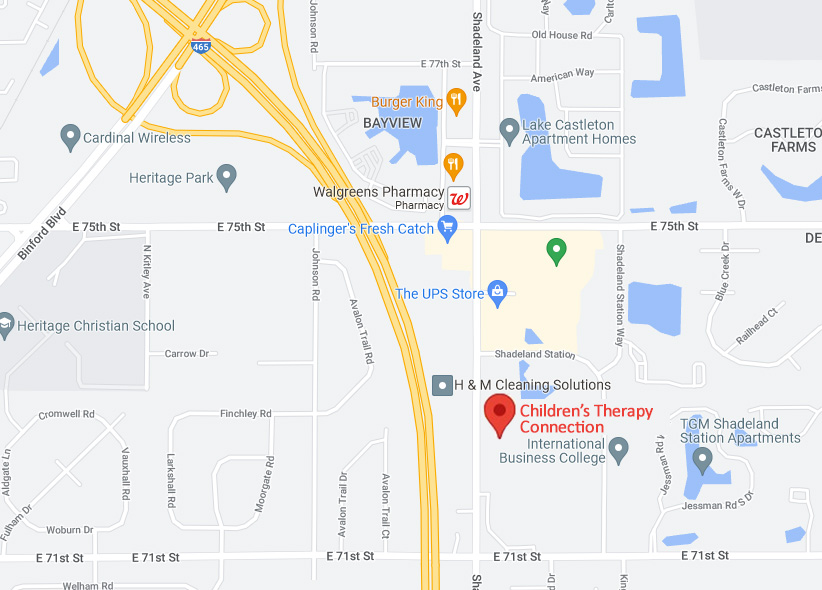When Do Kids Get It?
Toddlers are by definition completely egocentric. Still, children as young as 15 to 18 months can begin to grasp concepts that lead to gratitude, says Lewis. “They start to understand that they are dependent; that Mom and Dad do things for them,” she says. In other words, toddlers comprehend that they are separate human beings from their parents, and that Mom and Dad often perform actions to make them happy (from playing peekaboo to handing out cookies) — even if kids that age can’t articulate their appreciation.

By age 2 or 3, children can talk about being thankful for specific objects, pets, and people, says Ryan. “When my daughter Annie was 2, our family would go around the dinner table each night and say one thing we were thankful for,” she says. “Annie wasn’t particularly verbal, but when it was her turn, she would point her finger at every person — she was grateful for us!” By age 4, children can understand being thankful not only for material things like toys, but for acts of kindness, love, and caring.
How to Teach It
Children model their parents in every way, so make sure you use “please” and “thank you” when you talk to them. (“Thanks for that hug — it made me feel great!”) Insist on their using the words, too. After all, “good manners and gratitude overlap,” says New York City etiquette consultant Melissa Leonard, a mother of two young daughters.
-
Work gratitude into your daily conversation.
Lately, we’ve been trying to weave appreciation for mundane things into our everyday talk — with A.J., his big sister, Mathilda, 10, and especially with our 2-year-old, Mary Elena. (“We’re so lucky to have a good cat like Sam!” “Aren’t the colors in the sunset amazing?” “I’m so happy when you listen!”) When you reinforce an idea frequently, it’s more likely to stick. One way to turn up the gratitude in your house is to pick a “thanking” part of the day. Two old-fashioned, tried-and-true ideas: Make saying what good things happened today part of the dinnertime conversation or make bedtime prayers part of your nightly routine.
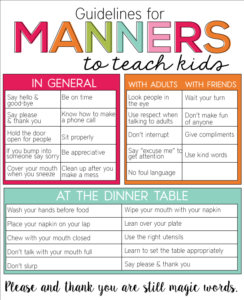
-
Have kids help.
It happens to all of us: You give your child a chore, but it’s too agonizing watching him a) take forever to clear the table or b) make a huge mess mixing the pancake batter. The temptation is always to step in and do it yourself. But the more you do for them, the less they appreciate your efforts. (Don’t you feel more empathy for people who work outside on cold days when you’ve just been out shoveling snow yourself?) By participating in simple household chores like feeding the dog or stacking dirty dishes on the counter, kids realize that all these things take effort.
-
Find a goodwill project.
That doesn’t mean you need to drag your toddler off to a soup kitchen every week, says Lewis. Instead, figure out some way he can actively participate in helping someone else, even if it’s as simple as making cupcakes for a sick neighbor. “As you’re stirring the batter or adding sprinkles,” she says, “talk about how you’re making them for a special person, and how happy the recipient will be.”
-
Encourage generosity.
“We frequently donate toys and clothes to less fortunate kids,” says Hulya Migliorino, of Bloomingdale, New Jersey. “When my daughters see me giving to others, it inspires them to go through their own closets and give something special to those in need, as well.”
-
Insist on thank-you notes.
Paula Goodnight, of Maineville, Ohio, always makes her girls (Rachel, 10, Amelia, 6, and Isabella, 3) write thank-yous for gifts. “When they were toddlers, the cards were just scribbles with my own thank-you attached,” she says. “As they grew, they became drawings, then longer letters.” Younger children can even dictate the letter while you write, says Lewis. “Just the act of saying out loud why he loved the gift will make him feel more grateful,” she says.
-
Practice saying no.
Of course kids ask for toys, video games, and candy — sometimes on an hourly basis. It’s difficult, if not impossible, to feel grateful when your every whim is granted. Saying no a lot makes saying yes that much sweeter.
-
Be patient.
You can’t expect gratitude to develop overnight — it requires weeks, months, even years of reinforcement. But trust me, you will be rewarded. Four years after the robotic dog fiasco, I can now report that A.J. is a grateful, cheerful boy who delights in making other people happy. Sure, he asked for lots of gifts this Christmas , but he was just as excited about requesting gifts for his sisters. “They’ve both been good girls and deserve something special,” he wrote in his letter to Santa. Now I’m the one feeling grateful.
 -Originally published in American Baby magazine, November 2005.
-Originally published in American Baby magazine, November 2005.
By Charlotte Latvala
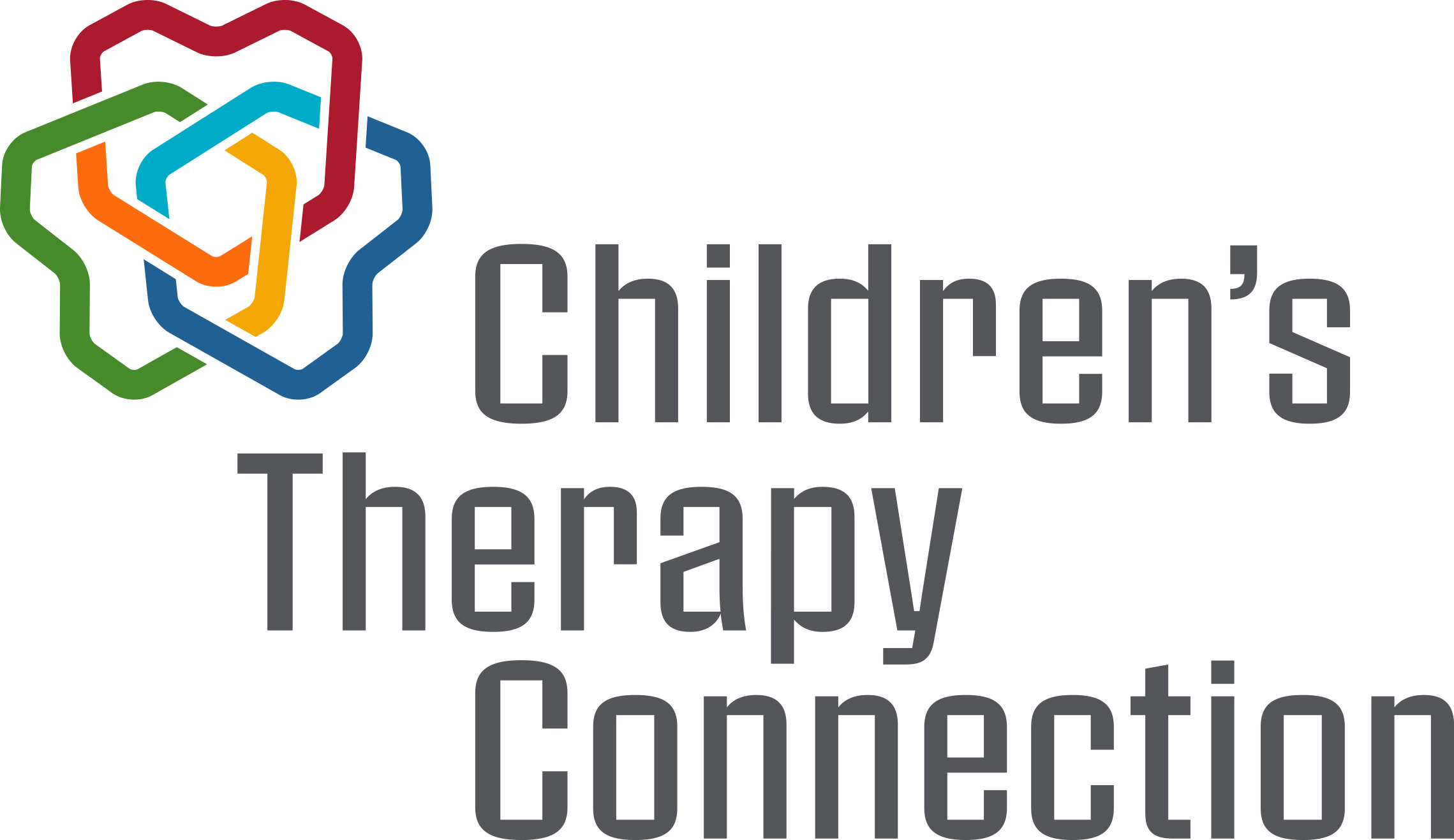
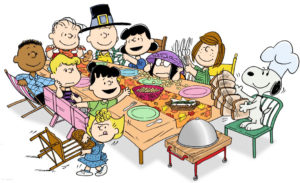

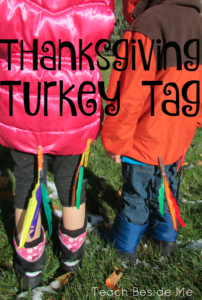
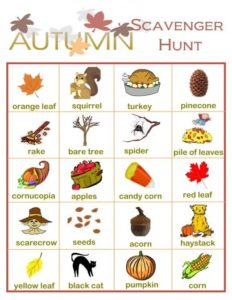
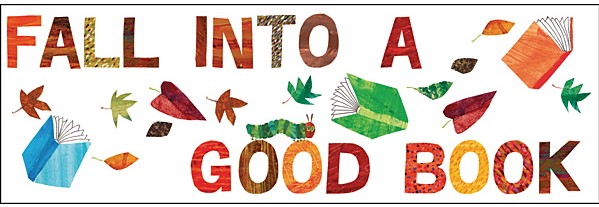






 e encourages self-esteem and body awareness with a physical activity that’s noncompetitive. Physically, it enhances their flexibility, strength, coordination, and body awareness. In addition, their concentration and sense of calmness and relaxation improves. Doing yoga, children exercise, play, connect more deeply with the inner self, and develop an intimate relationship with the natural world that surrounds them. Yoga brings that marvelous inner light that all children have to the surface.”
e encourages self-esteem and body awareness with a physical activity that’s noncompetitive. Physically, it enhances their flexibility, strength, coordination, and body awareness. In addition, their concentration and sense of calmness and relaxation improves. Doing yoga, children exercise, play, connect more deeply with the inner self, and develop an intimate relationship with the natural world that surrounds them. Yoga brings that marvelous inner light that all children have to the surface.”